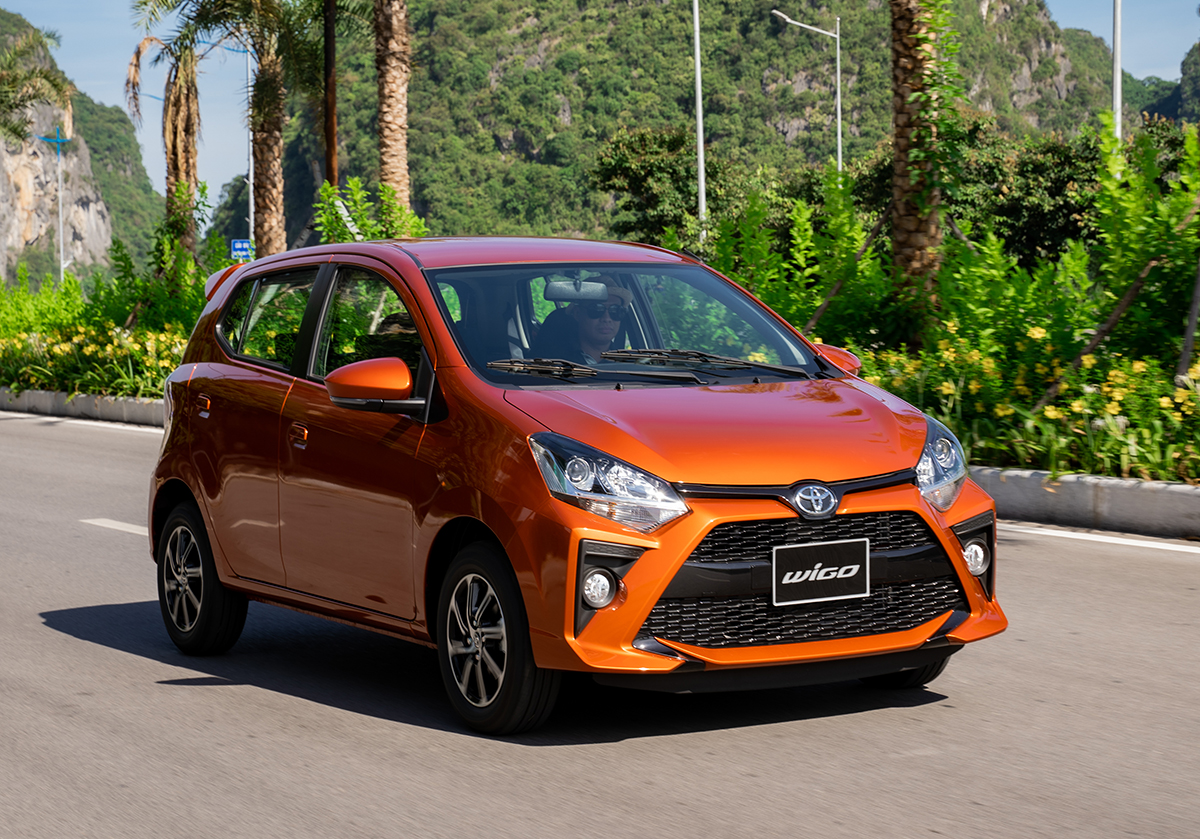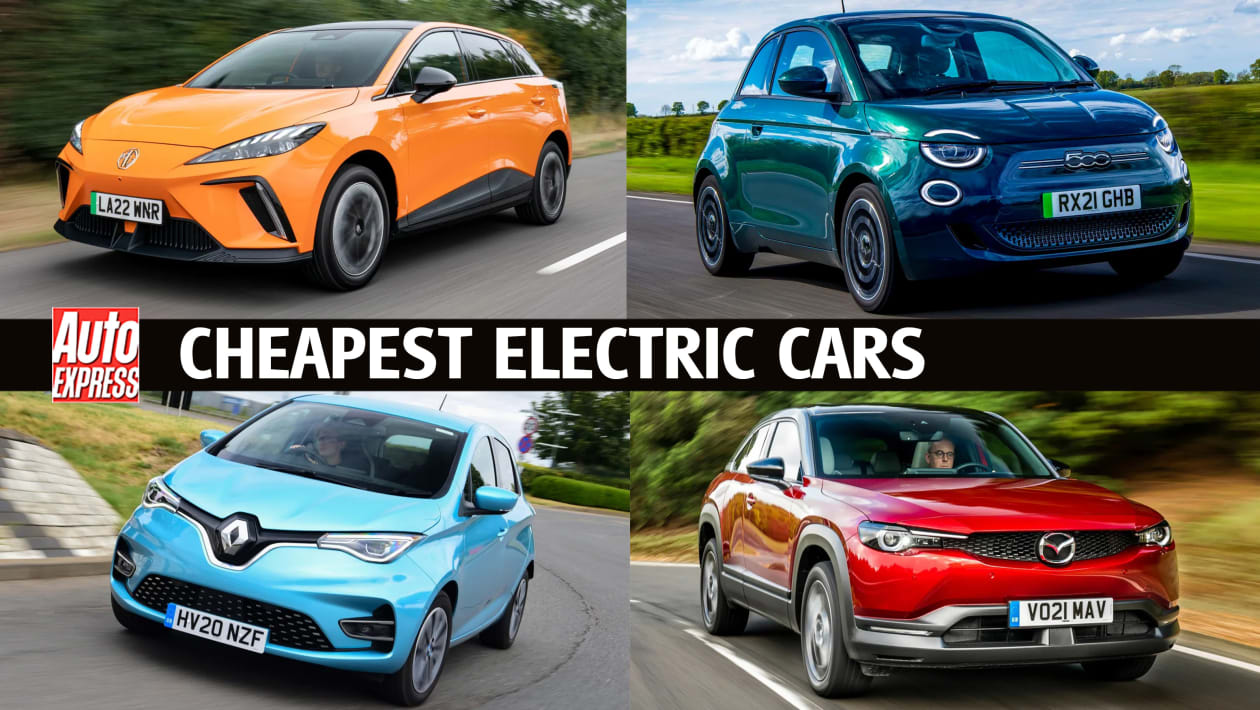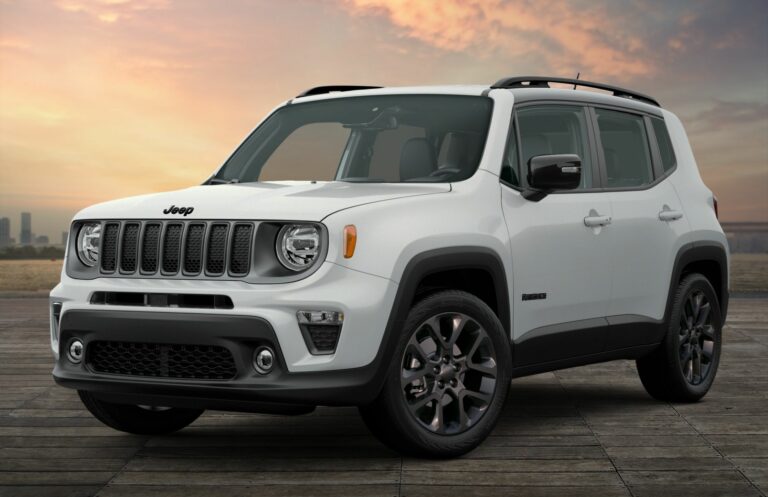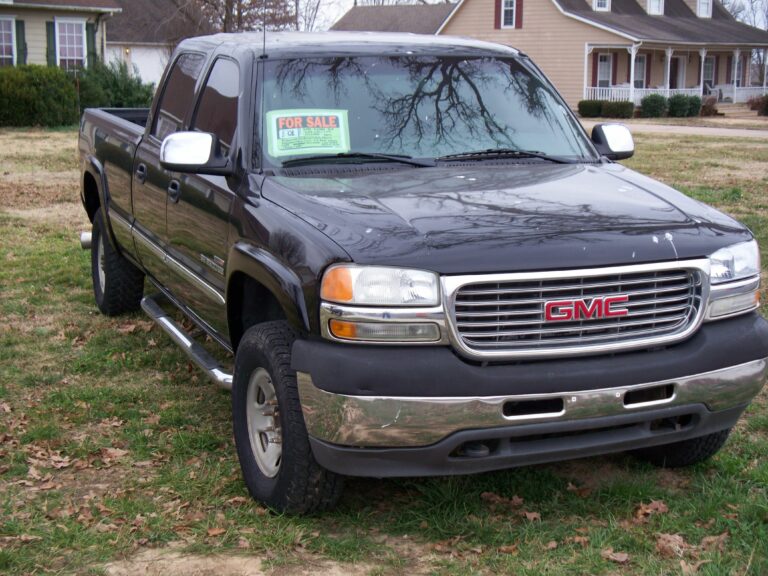Cheapest Brand New Car On The Market: Your Ultimate Guide to Affordable Wheels
Cheapest Brand New Car On The Market: Your Ultimate Guide to Affordable Wheels cars.truckstrend.com
In an era of rising costs and economic shifts, the quest for an affordable, reliable, and brand-new car has never been more relevant. For many, a new vehicle represents more than just transportation; it’s a significant investment, a symbol of independence, or a crucial tool for daily life. But what exactly constitutes the "cheapest brand new car on the market"? It’s not merely about the lowest sticker price, but a nuanced balance of initial cost, long-term ownership expenses, and essential features. This comprehensive guide will navigate the landscape of entry-level vehicles, helping you make an informed decision that aligns with your budget and needs, proving that affordability doesn’t have to mean compromise on quality or peace of mind.
Understanding "Cheapest": Beyond the Sticker Price
Cheapest Brand New Car On The Market: Your Ultimate Guide to Affordable Wheels
When searching for the cheapest brand new car, it’s crucial to look beyond just the Manufacturer’s Suggested Retail Price (MSRP). The true cost of vehicle ownership, often referred to as the Total Cost of Ownership (TCO), encompasses a wider array of expenses that accumulate over time. A car with a slightly higher initial price might end up being cheaper in the long run if it excels in other areas.
Key Components of Total Cost of Ownership (TCO):
- Purchase Price (MSRP): The starting point, but rarely the final price you pay after destination fees, taxes, and potential add-ons.
- Fuel Efficiency: One of the most significant ongoing costs. A car with excellent miles per gallon (MPG) can save you thousands over its lifetime.
- Insurance Costs: Younger drivers, certain models, and specific locations can drastically affect premiums. Smaller, less powerful cars often have lower insurance rates.
- Maintenance and Repairs: While new cars come with warranties, routine maintenance (oil changes, tire rotations) is still necessary. Research a model’s reputation for reliability.
- Depreciation: How much value a car loses over time. Some entry-level models hold their value surprisingly well, while others plummet.
- Financing Costs: Interest rates on loans can add a substantial amount to your overall expense, especially if you have a lower credit score.
- Registration and Fees: Annual costs that vary by state.

By considering all these factors, you gain a more accurate picture of what a "cheapest" car truly entails for your budget.
What to Expect from an Entry-Level Brand New Car

Opting for the cheapest brand new car means setting realistic expectations regarding features and performance. These vehicles are designed with practicality and affordability in mind, prioritizing essential functionality over luxury amenities or high-end technology.
Common Features and Characteristics:
- Compact Size: Most entry-level cars are subcompact sedans or hatchbacks, ideal for city driving and easy parking.
- Efficient Engines: Smaller, often three or four-cylinder engines, are optimized for fuel economy rather than raw power.
- Manual Transmission: While less common now, some base models might still offer a manual transmission, which can be slightly cheaper. Automatic transmissions are increasingly standard.
- Basic Infotainment: Expect a standard radio, Bluetooth connectivity, and perhaps a small touchscreen with smartphone integration (Apple CarPlay/Android Auto) in higher trims or as an option.
- Essential Safety Features: Modern regulations ensure that even the cheapest new cars come with airbags, anti-lock brakes (ABS), stability control, and often a rearview camera. More advanced driver-assistance systems (ADAS) like automatic emergency braking might be optional or limited to higher trims.
- No-Frills Interior: Durable cloth seats, hard plastics, and a straightforward dashboard design are typical.

What you generally won’t find are powerful engines, premium sound systems, leather upholstery, panoramic sunroofs, or advanced autonomous driving features. The focus is on getting you from point A to point B reliably and economically.
Top Contenders for the Cheapest Brand New Cars
While specific prices fluctuate with market conditions, incentives, and model year changes, certain vehicles consistently rank among the most affordable brand new cars available. These models often prioritize value, fuel efficiency, and practicality, making them excellent choices for budget-conscious buyers.
Here are some of the recurring names in the "cheapest brand new car" discussion, along with their general characteristics:
- Mitsubishi Mirage (Sedan/Hatchback): Frequently the absolute lowest MSRP on the market. Known for its exceptional fuel economy and one of the best warranties in the industry. It’s basic but reliable.
- Kia Rio (Sedan/Hatchback): Offers a surprising amount of value for its price, often including features like Apple CarPlay/Android Auto as standard. It’s more engaging to drive than some competitors.
- Nissan Versa (Sedan): A spacious subcompact sedan with a comfortable ride. Its modern styling and good fuel economy make it a strong contender for those seeking a traditional sedan experience.
- Hyundai Venue (Compact SUV): While slightly higher in price than the absolute cheapest sedans, the Venue offers the popular crossover styling and higher seating position at an incredibly competitive price point. It often comes well-equipped for its class.
Note: Prices are starting MSRPs and do not include destination fees, taxes, title, or registration. These are approximate and subject to change based on market conditions, manufacturer incentives, and trim levels.
| Make | Model | Body Style | Starting MSRP (Approx.) | Key Features/Notes | Pros | Cons |
|---|---|---|---|---|---|---|
| Mitsubishi | Mirage | Hatchback | $16,695 | 10-year/100,000-mile powertrain warranty, excellent fuel economy (up to 39 MPG comb.) | Very low TCO, great warranty, easy to park | Slow acceleration, basic interior |
| Kia | Rio | Sedan | $17,075 | Standard Apple CarPlay/Android Auto, good ride quality, 60/40 split-folding rear seat | Excellent value, comfortable ride, modern tech | Rear seat space is tight |
| Nissan | Versa | Sedan | $17,145 | Roomy interior for its class, comfortable front seats, good trunk space | Spacious cabin, smooth ride, stylish exterior | Engine can feel underpowered |
| Hyundai | Venue | SUV | $19,950 | Standard 8-inch touchscreen, FWD only, compact SUV stance | Affordable SUV, good tech, nimble city driving | Small cargo space, no AWD option |
How to Secure the Best Deal on Your Cheapest Brand New Car
Finding the cheapest car is one thing; getting the best deal on it is another. Strategic shopping can save you hundreds, if not thousands, of dollars.
- Do Your Homework: Research MSRPs, invoice prices (what the dealer paid), and current incentives online. Sites like Edmunds, Kelley Blue Book (KBB), and TrueCar are invaluable resources.
- Timing is Key:
- End of the Month/Quarter/Year: Dealers are often trying to meet sales quotas, making them more willing to negotiate.
- New Model Year Launches: As new models arrive, dealers want to clear out previous year’s inventory.
- Holidays: Sales events around major holidays (e.g., Memorial Day, Black Friday) can offer special deals.
- Shop Around: Contact multiple dealerships, both local and slightly further afield. Let them know you’re comparing prices. Don’t be afraid to walk away if you don’t feel comfortable.
- Negotiate Smartly:
- Focus on the Out-the-Door Price: Don’t just negotiate the monthly payment. Get a full breakdown of the final price, including all fees.
- Separate Trade-In and Financing: Discuss your trade-in value and financing options after you’ve agreed on the price of the new car. This prevents dealers from manipulating figures.
- Be Prepared to Walk Away: This is your strongest negotiation tool.
- Explore Incentives and Rebates: Manufacturers often offer low APR financing, cash rebates, or special lease deals. Check the manufacturer’s website and ask dealers about all available promotions.
- Consider Base Models: To truly get the cheapest price, stick to the absolute base trim level. Avoid unnecessary packages or accessories that inflate the cost.
Important Considerations Before You Buy
Even when seeking the lowest price, certain factors should never be compromised. These considerations ensure your cheapest brand new car remains a safe, reliable, and practical investment.
- Safety Features: Ensure the vehicle meets modern safety standards. Look for features like multiple airbags, anti-lock brakes (ABS), electronic stability control (ESC), and a rearview camera. Advanced safety tech like automatic emergency braking (AEB) or lane departure warning (LDW) is a bonus if available.
- Reliability and Durability: Research the car’s reliability ratings from consumer reports (e.g., Consumer Reports, J.D. Power). A cheap car that constantly breaks down isn’t cheap in the long run.
- Fuel Economy: This directly impacts your TCO. Prioritize models with high MPG figures, especially if you drive frequently.
- Warranty: Longer warranties offer peace of mind. Many budget brands (like Kia and Hyundai) offer excellent long-term warranties on their powertrains.
- Resale Value: While a new car immediately depreciates, some models hold their value better than others. This is important if you plan to sell or trade in the car in a few years.
- Practicality and Space: Does the car meet your daily needs? Consider seating capacity, cargo space (especially if you’ll carry groceries, luggage, or equipment), and ease of entry/exit.
- Test Drive: Absolutely essential. Drive the car on various road types (city, highway) to assess comfort, handling, acceleration, braking, and visibility. Does it feel safe and comfortable for you?
Potential Challenges and Solutions
While buying a cheapest brand new car is a smart financial move, you might encounter some minor challenges.
- Limited Features:
- Challenge: Base models lack premium features.
- Solution: Prioritize what you truly need. Can you live without heated seats or a premium sound system? Aftermarket upgrades for minor things like better floor mats or a phone mount can enhance the experience without breaking the bank.
- Perceived "Cheapness":
- Challenge: Some people associate low price with low quality or status.
- Solution: Focus on the incredible value, reliability, and fuel efficiency you’re getting. You’re making a financially savvy choice, not a compromise on essential functionality.
- Availability of Specific Trims/Colors:
- Challenge: Dealers might have limited stock of the absolute base model or your preferred color.
- Solution: Be flexible. Consider ordering the car if you’re not in a hurry, or expand your search to other dealerships.
- Financing Hurdles:
- Challenge: If your credit score isn’t strong, securing a good interest rate can be difficult.
- Solution: Work on improving your credit score before applying. Explore options like getting a pre-approved loan from a credit union, or consider a co-signer if necessary.
Conclusion
The search for the cheapest brand new car on the market is a journey towards smart, budget-conscious mobility. It’s about recognizing that affordability doesn’t equate to sacrificing reliability, safety, or essential functionality. By understanding the true cost of ownership, setting realistic expectations, conducting thorough research, and employing savvy negotiation tactics, you can find a brand new vehicle that perfectly fits your financial parameters without compromising your daily needs. A cheapest brand new car can be a liberating and sensible choice, offering the peace of mind of a warranty, the efficiency of modern engineering, and the pride of new ownership, all while keeping your wallet happy.
Frequently Asked Questions (FAQ)
Q1: Are the cheapest brand new cars safe?
A1: Yes. All brand new cars sold in modern markets must meet stringent safety regulations, including mandatory airbags, anti-lock brakes (ABS), and electronic stability control (ESC). While they may lack some advanced driver-assistance systems found in more expensive vehicles, they provide fundamental protection.
Q2: Do cheapest cars have good fuel economy?
A2: Generally, yes. Cheapest cars often feature smaller, more efficient engines designed to maximize fuel efficiency, making them excellent choices for saving on ongoing fuel costs. Many achieve combined MPG ratings in the high 30s.
Q3: Will a cheap new car last a long time?
A3: With proper maintenance, many affordable new cars can last for well over 100,000 miles, if not significantly more. Brands like Mitsubishi, Kia, and Hyundai often offer long warranties (e.g., 10-year/100,000-mile powertrain), indicating manufacturer confidence in their durability.
Q4: Can I get good financing on a cheap car?
A4: Yes, you can. Your ability to secure a good interest rate primarily depends on your credit score. Lenders offer competitive rates for well-qualified buyers regardless of the car’s price. Shopping around for pre-approved loans from banks or credit unions can help.
Q5: What’s the biggest "hidden" cost of a cheap new car?
A5: While not strictly hidden, insurance and depreciation are often underestimated. Insurance premiums can vary significantly based on the driver, location, and specific model. Depreciation, the loss of value over time, is an inherent cost of ownership for any new car, though some budget models hold their value better than others.
Q6: Are cheap new cars comfortable for long trips?
A6: This largely depends on personal preference. While they might lack the plush seating and advanced noise insulation of more expensive vehicles, many modern entry-level cars offer surprisingly comfortable rides. It’s crucial to test drive the car on a variety of roads, including highways, to assess its comfort for your typical usage.
Q7: Should I buy a used car instead of a cheap new one?
A7: It depends on your priorities. A used car offers more features or a larger vehicle for the same price. However, a new car comes with a full warranty, the latest safety features, no previous owner history to worry about, and the satisfaction of being the first owner. For some, the peace of mind of a new car’s warranty and reliability is worth the slightly higher initial cost.




